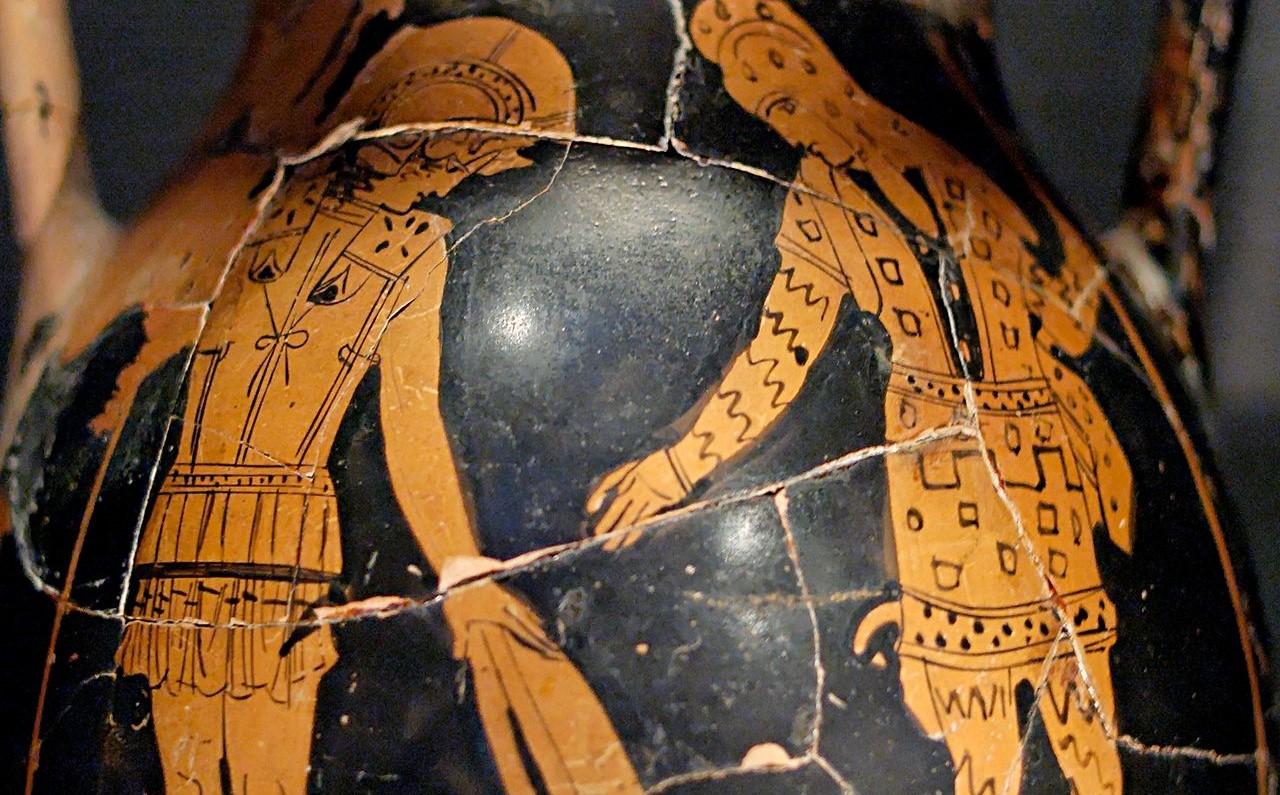by Chantal Stebbings,[1] Emeritus Professor of Law and Legal History, University of Exeter
In the second half of the nineteenth century in Britain, income tax was poised to dominate direct taxation in terms of revenue and potential for fiscal growth. The machinery of its administration was based entirely on that developed for the assessed taxes in the eighteenth century. The assessed taxes, which constituted the principal form of direct taxation prior to income tax, aimed at taxing the wealth of individuals through the outward signs of their establishment. The first was the window tax, and by the end of the eighteenth century it had been joined by several more, including taxes in respect of servants, carriages, horses and dogs.[2]
The assessed taxes and the income tax were administered under a localist system, whereby they were assessed and collected by independent, local, lay commissioners and their own appointed local officers. From the mid-nineteenth century the system in England was found to be incapable of keeping up with the increasing scope and sophistication of income tax, and the English revenue boards looked with envy to Scotland which had, by that time, developed a system for the administration of the assessed taxes which was markedly different, and significantly more efficient, to theirs and which they believed they could adopt for income tax. The Scottish system was essentially a modified version of the orthodox pure localist system in that it involved a greater degree of central government participation. The way in which Scotland altered the traditional system forms the subject of this piece.



